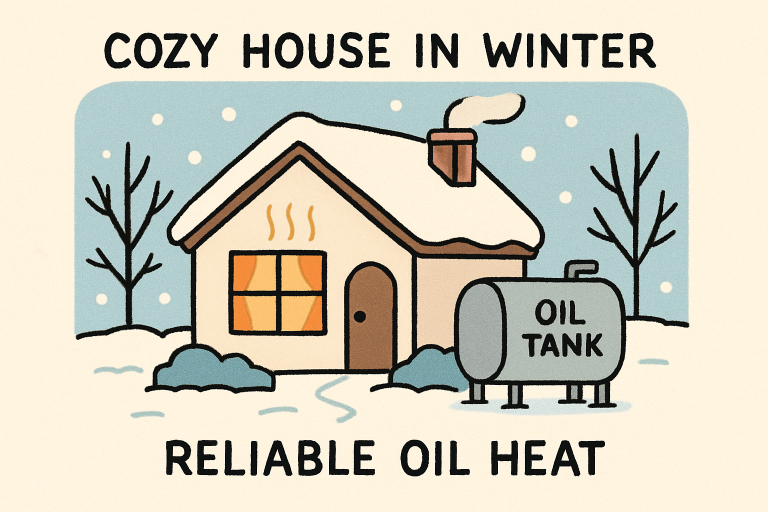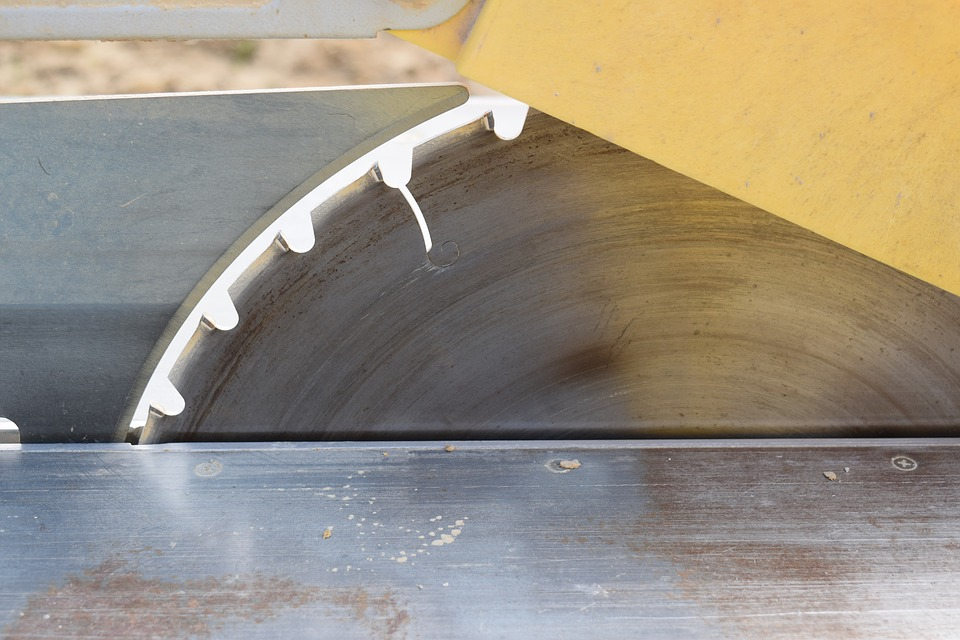How to Prepare Your Home for Reliable Oil Heat This Winter
What is Oil Heat?
Oil heat remains a staple for many households facing cold winters, providing consistent warmth through efficient systems. With a dedicated tank storing heating oil, your furnace or boiler delivers steady heat even when the temperatures drop to their lowest. For those in New Jersey, partnering with a reliable supplier of heating oil Bergen County, NJ, ensures peace of mind and dependable fuel delivery all season long.
Unlike natural gas or electric systems, oil heat often offers faster heating recovery and can be less affected by regional supply disruptions. When managed properly, it’s a proven and efficient way to keep your home comfortable while maintaining control over your fuel supply.
Why Home Preparation Matters
Preparing your home for winter goes beyond just comfort—it extends the life of your heating system, reduces your energy bills, and helps prevent inconvenient breakdowns. Routine upkeep before the cold season hits ensures small problems don’t turn into emergencies. Studies from Consumer Reports indicate that regular maintenance has a significant impact on system reliability, resulting in fewer chilly nights and fewer costly service calls.
Homes that invest in preparation see tangible benefits throughout winter. Preventive care helps your system run efficiently and keeps every room at a safe, comfortable temperature. Whether you’re new to oil heat or an experienced homeowner, attention to seasonal prep makes all the difference.

Easy Maintenance Steps
- Calibrate your thermostat and replace its batteries to ensure accurate readings.
- Clear any storage or clutter near your furnace or boiler for better ventilation and safety.
- Inspect your oil tank and lines for any signs of leaks or corrosion, and schedule prompt repairs if needed.
- Book a professional cleaning annually to remove soot, dirt, or deposit build-up that can hinder performance.
Simple maintenance tasks, like changing air filters and checking connections, dramatically reduce the risk of unexpected breakdowns by keeping your system in top shape for winter’s worst weather.
Energy Efficiency Tips
Investing in energy efficiency not only saves money but also helps your oil heating system operate more efficiently, keeping your home warmer with less effort. Up-to-date oil heat technology can reach high efficiency ratings, but how you manage your living space makes a measurable difference:
- Seal gaps and cracks around windows and doors with caulk or weatherstripping to eliminate drafts.
- Increase insulation in your attic and basement to lock in heat where you need it most.
- Shut vents and doors in rooms you rarely use to prevent wasted energy.
- Utilize a programmable thermostat so the heat only runs when you really need it—saving energy when you’re away or asleep.
These simple adjustments can typically shave 10–15% off your overall heating bills, offering real savings without sacrificing comfort.
Understanding Oil Delivery Basics
To maintain a consistent heat supply, stay familiar with your fuel delivery routine. Most oil companies offer scheduled (automatic) deliveries or will-call service, but it’s essential to monitor your tank regularly, ensuring it never drops below one-quarter full. You can visit sites like PayLessForOil.com to consult professionals and compare delivery options that best suit your household’s heating needs. Keeping the tank topped off prevents oil sludge from entering your furnace and causing blockages or inefficiencies.
Seasonal weather, local demand, and broader market trends can influence fuel prices and availability.
Reducing Costs Through Preventive Care
Staying proactive with your oil heating system is one of the best ways to control energy expenses. In addition to routine maintenance and energy-saving strategies, take advantage of these cost-saving steps:
- Negotiate a seasonal price plan or a cap agreement with your oil supplier to guard against winter price spikes.
- Replace heating system air filters every few months for optimal airflow and energy savings.
- Insulate exposed pipes in unheated basements or crawl spaces to ensure efficient heat transfer and prevent costly damage from freezing.
A well-maintained oil heating system lasts longer, runs more efficiently, and often requires fewer repairs—leading to real savings all season long.
Home Safety Checklist for Oil Heat
Safety with oil heating is crucial. Protect your family and property by following a consistent safety routine. According to Kiplinger, regular maintenance and awareness of potential hazards can significantly reduce the risk of accidents related to heating oil.
- Install and test carbon monoxide detectors on every level of your home, especially near bedrooms and your furnace.
- Keep emergency phone numbers for your oil provider and local emergency services clearly posted in your utility area.
- Educate everyone in your household about the signs of oil leaks and carbon monoxide exposure, and establish a clear emergency plan.
- Arrange for an annual inspection by a licensed heating professional to catch potential issues early.
Practicing vigilance with your oil heating system not only keeps your home safe but also minimizes the risk of costly or dangerous incidents.
Conclusion
Oil heating remains a reliable and efficient choice for keeping homes warm during cold winters. By preparing your home, performing regular maintenance, and implementing energy-saving strategies, you can optimize system efficiency, lower costs, and prolong the lifespan of your equipment. Understanding delivery routines and practicing safety measures ensures uninterrupted heat and peace of mind throughout the season. With proactive care and attention, homeowners can enjoy a comfortable, safe, and cost-effective winter with oil heat.









